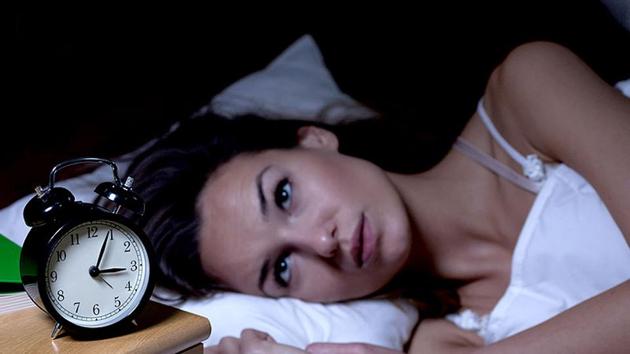Sleepless in the sack? See what’s keeping you awake, and how to fix it
One of the casualties of modern living is sleep. Most people aren’t getting enough, and those that are, are having their sleep compromised by elements of their everyday.
Do you wake up feeling tired, keep yawning at your desk, find it harder to concentrate after 7 pm? Backlit screens, stress, erratic workout schedules, and noise and light pollution, have disturbed sleeping patterns, degrading the quantity and quality of sleep. Take a look at what’s probably keeping you awake, and how to fix it.

Scrolling in bed
Backlit screens have been shown to suppress the hormone melatonin, which helps prepare your body for sleep. Its suppression upsets the sleep cycle, making it harder to drop off and disrupting the quality of sleep when you do.
Stress
Stress releases hormones that create a fight-or-flight state of mind. Your heart rate rises, your mind goes into higher alert. Essentially, you’re more awake than normal. Stress and sleep are so interconnected, in fact, that the first thing a counsellor will ask is, how are you sleeping.
Exercising at odd hours
Because we’re working longer and more irregular hours, working out has to be fitted in wherever possible. So some people are on the treadmill at dinner time; others are lifting weights at midnight. Exercise has strong stimulant effects and raises energy levels. Exercising at night or just before sleeping can have an adverse effect on sleep.
Social media
Most social media feeds are designed to tap into a reward-motivation pattern that releases dopamine — that mild thrill when your feed refreshes; when you see that new likes have come in. Dopamine raises energy levels and makes you hyperactive. This results in delayed or disturbed sleep.
Caffeine
Tea, coffee, aerated drinks all contain caffeine. As one grows older the body takes longer to metabolise caffeine. So any caffeinated drink post sunset can affect sleep.
How to fix it
Make bedtime sacred
A steady sleep schedule is key to a healthy sleep cycle. Fix a bedtime and try, as far as possible, to stick to it. You’ll find that your body starts to unwind, sleeps better, and wakes up more easily and more refreshed.
Work out in the morning
Exercising in the morning has benefits for your entire body cycle. You’ll have more energy through the day, eat more healthily, even be better hydrated. And you’ll sleep well too.
No screens before bedtime
Create a buffer so that your mind can start to slow down before you hit your bedtime. Even a 40-minute break from all backlit screens will show results immediately.
Watch what you eat after sunset
Avoid caffeine at night. Try to eat dinner at least two hours before you sleep. Let dinner be your lightest meal — if the digestive system’s working overtime, you can’t expect the rest of the body to slumber deeply. Too often, it’s the breakfast and lunch that are rushed and the dinner that’s leisurely and lavish. Try and flip that.
Breathe
As your mind relaxes and slows down, there are two ways it can go — either into restful sleep or hours of worry. If you’re the kind that does the latter, try a little meditation, yoga or just deep breathing.
Sources: Wakefit’s Great Indian Sleep Scorecard, 2019; sleep specialist and respirologist Dr Lancelot Pinto; and neurologist Dr Joy Desai.
Catch your daily dose of Fashion, Health, Festivals, Travel, Relationship, Recipe and all the other Latest Lifestyle News on Hindustan Times Website and APPs.



